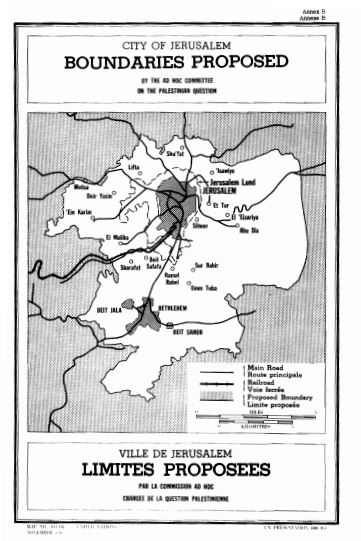The United Nations General Assembly Resolution 181, also known as the Partition Resolution, was adopted on November 29, 1947. This resolution proposed the termination of the British mandate in Palestine, which had been under British control since 1920, and the establishment of two independent states—one Jewish and one Arab—as a solution to the escalating tensions and violence between the two communities.
These tensions had intensified under British rule, particularly following the end of World War II, as both Jewish and Arab populations clashed over control of the land. The Jewish population, many of whom were Holocaust survivors, sought a safe and secure homeland, while the Arab population feared the influx of Jewish immigrants would lead to the loss of their land and political power.
The partition plan aimed to provide both groups with sovereignty over their respective territories as a pathway to resolving the conflict. However, the Arab population largely rejected the plan, viewing it as unfair and biased toward the Jewish community. Arabs believed the division disproportionately favored the Jewish state, despite their own majority in the region. Many felt the partition disregarded their historical and demographic claims to the land, as the proposed Jewish state, though smaller in population, was allocated more fertile and strategic territory.
This rejection of the plan fueled further tensions, and within hours of Israel declaring independence on May 14, 1948, neighboring Arab countries—Egypt, Syria, Jordan, Iraq, and Lebanon—invaded the new state, marking the beginning of the Arab-Israeli War of 1948.
The conflict led to the displacement of hundreds of thousands of Palestinian Arabs, creating the Palestinian refugee crisis, which remains a central issue in the Israel-Palestine conflict today.
